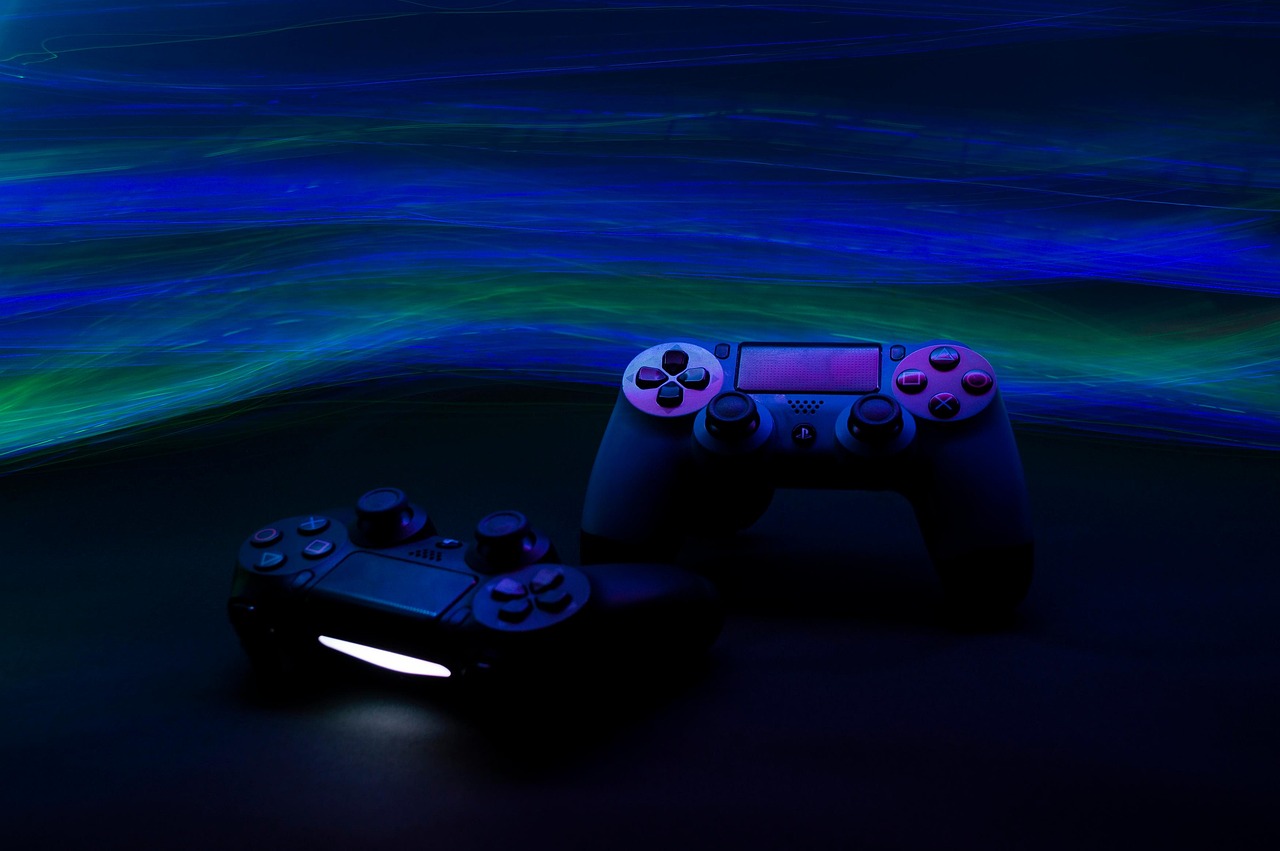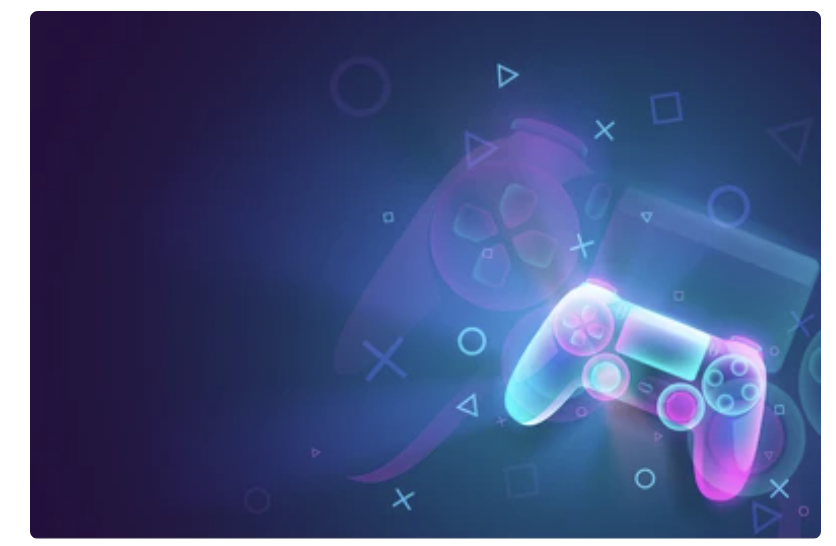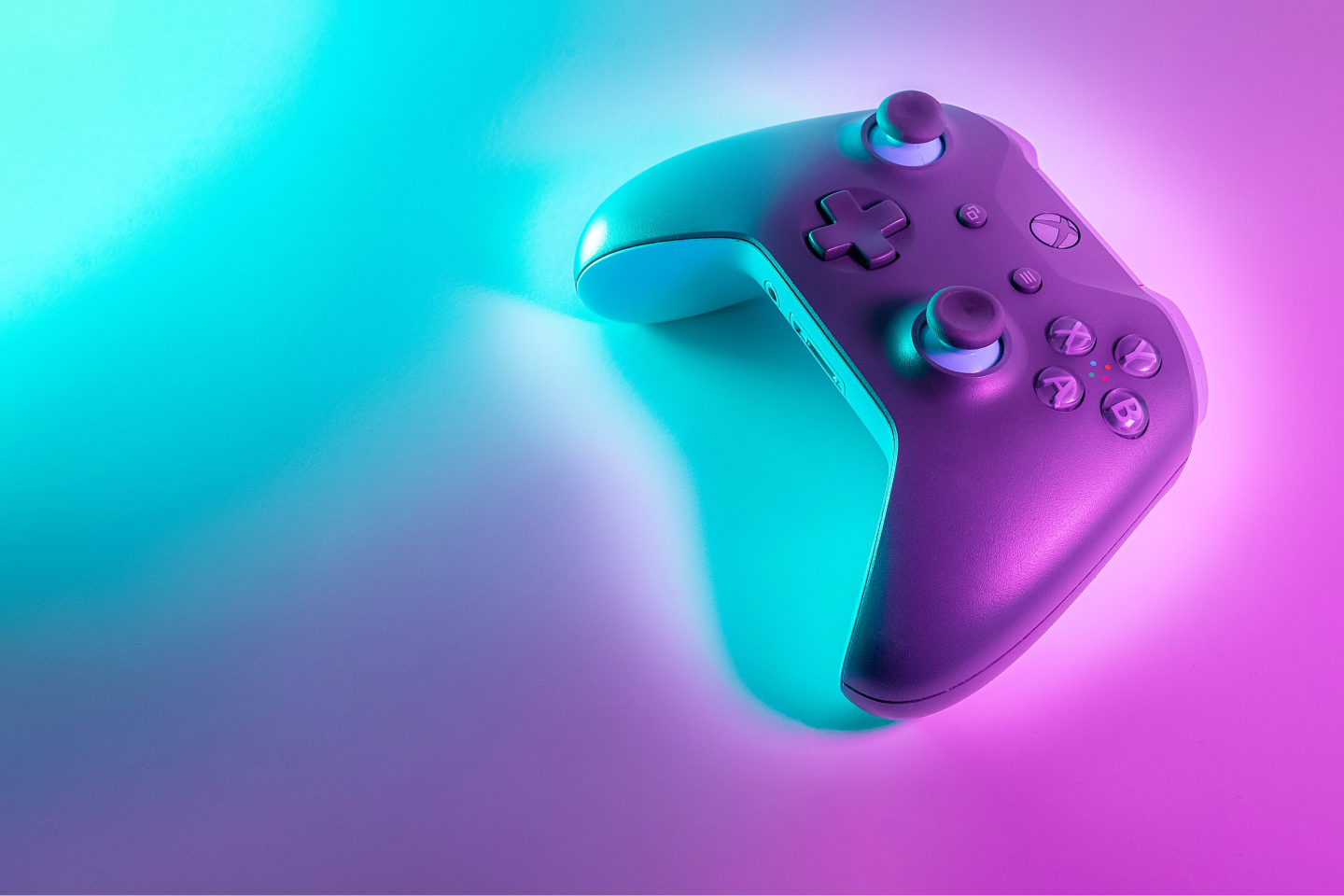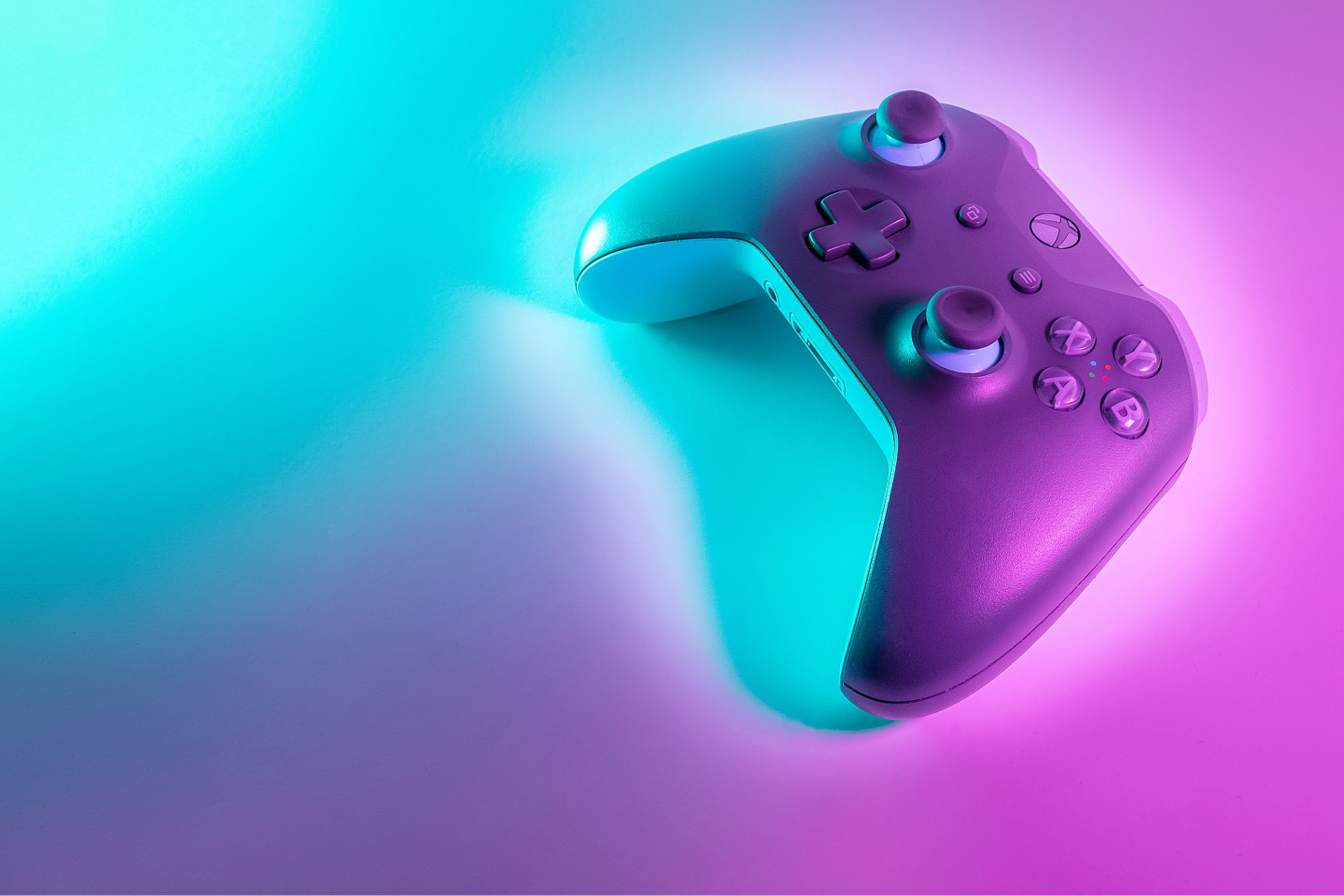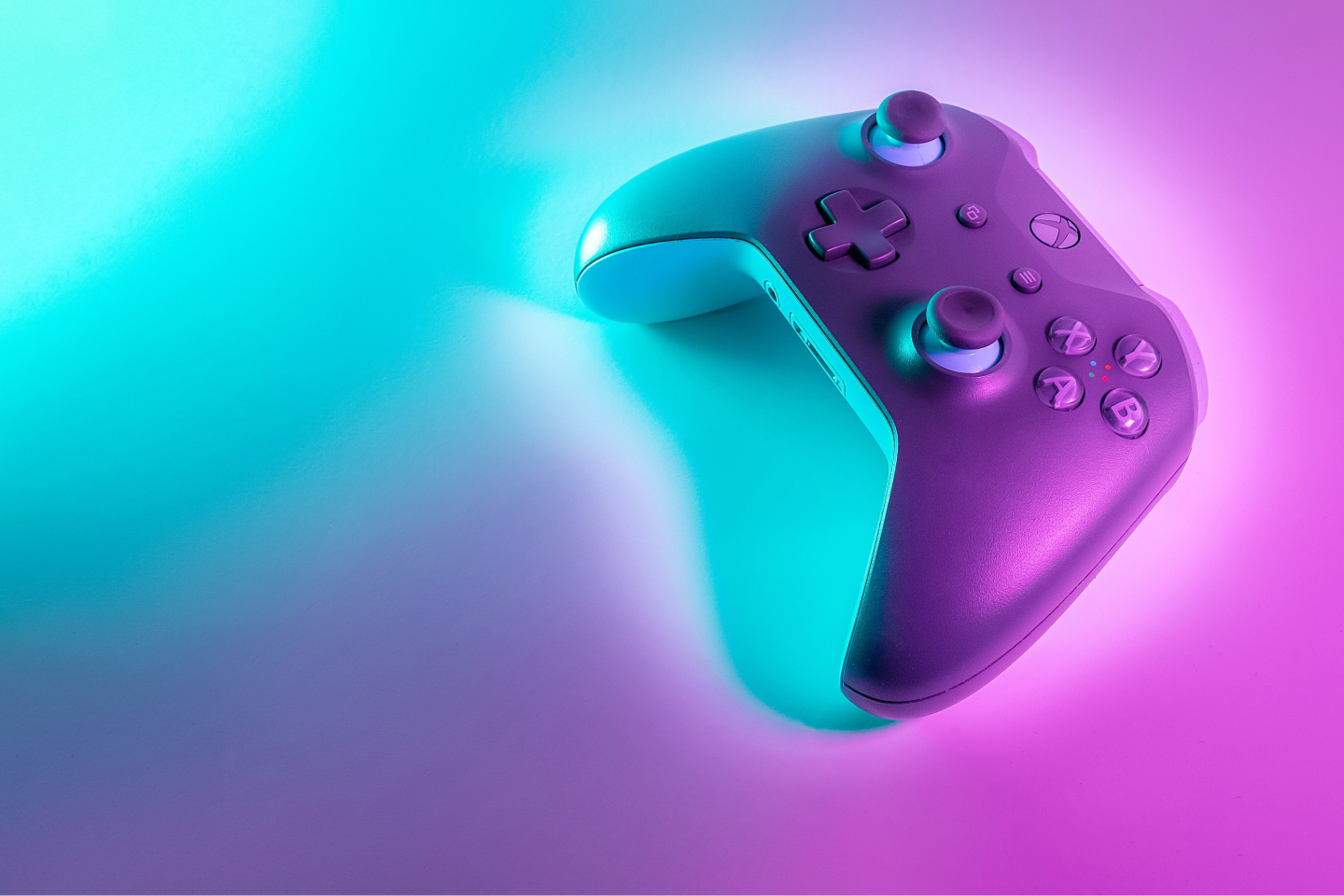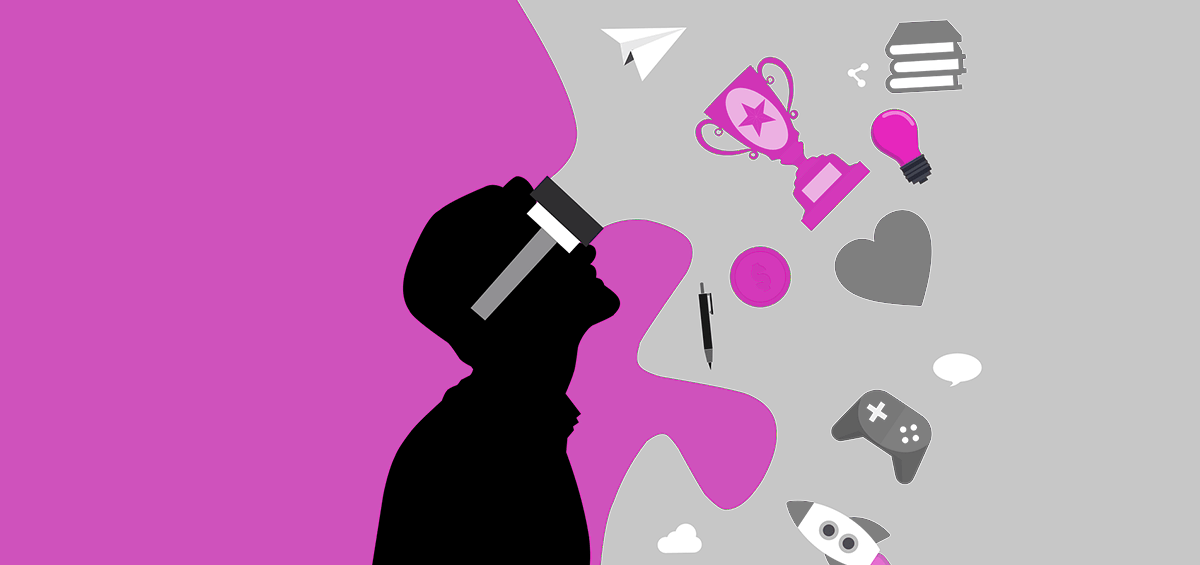The WHO classification
The World Health Organisation (“WHO”) recently classified compulsive gaming as a mental health disorder, affecting both children and adults (“Gaming Disorder”), in the 11th revision to the International Classification of Diseases (“ICD”). The Gaming Disorder can be diagnosed if the following symptoms exist:
- Control over online gaming is impaired (in terms of frequency, intensity, duration, etc.);
- Gaming takes priority over other daily activities, interest and hobbies;
- Interpersonal relationships, education, occupation, etc. are impaired due to excessive online gaming;
- Engagement with online gaming continually increases despite the negative consequences; and
- These symptoms exist for at least 12 (twelve) months.
Through the ICD classification, the WHO aims to create awareness to help parents, governments and healthcare professionals treat gaming related problems effectively. According to a WHO representative, the Gaming Disorder may not affect more than 3% (three percent) of online gamers.
Problems with the ICD classification
Vague definition
The ICD’s definition of Gaming Disorder is vague. Even if excessive gaming is a disorder, the ICD does not specify the severity of the symptoms for an accurate diagnosis. The ICD does not explain the parameters for identifying the supposed ‘disorder’ in detail, i.e., “onset, frequency, intensity, duration, termination, context”. Since these terms have been used without any context, it is difficult to understand the exact frequency/intensity/duration after which gaming may be considered a ‘disorder’, if at all. Therefore, what qualifies as ‘excessive’ online gaming is unclear. Does excessive gaming justify an ICD classification at all? Flowing from this logic, would any activity in excess qualify as a mental health ‘disorder’? In the world of gamified online education, would ‘excessively’ playing a language learning game be a case of Gaming Disorder? Why were videogames singled out for a psychiatric diagnosis? Could ‘excessive’ exercise, dance, sex, work, eating, etc. also be mental health ‘disorders’?
Weak methodology
The lack of evidentiary basis and the practical utility of the ICD classification has been questioned in a paper published by 36 (thirty-six) mental health professionals and supported by 34 (thirty-four) eminent institutions in the Journal of Behavioural Addictions (“Paper”). The Paper states that robust standards were not deployed in the research related to the Gaming Disorder diagnosis. Most literature supporting the Gaming Disorder diagnosis relied on a single data set about school children in Singapore. However, a wider data set of all stakeholders such as parents and primary carers of active gamers, children, highly engaged gamers, healthy gamers, etc. is needed to arrive at an accurate conclusion about the existence of a ‘disorder’.
There is little clarity regarding the basis for an ICD classification of the Gaming Disorder. Key questions such as whether the Gaming Disorder diagnosis will apply only to gambling related games, offline games, or a cover a wider internet addiction, remain unanswered in the literature supporting the Gaming Disorder classification. According to experts, the ICD classification seems like a rushed job. There are reports that the process behind the ICD classification was not transparent and ripe with confirmation bias. It is alleged that the WHO was pressured by Asian member countries to classify gaming addiction as an ICD disorder. On the other hand, the WHO has acknowledged that the motivation behind an ICD classification is to foster more research in the field of gaming psychology, affecting the credibility of the classification to begin with.
Utility of classification
The Paper also questions whether excessive gaming needs a psychiatric diagnosis at all. Furthermore, identifying gaming as a disorder in itself could mean serious conditions like depression, ADHD and anxiety, which may be the actual cause of excessive gaming, are left untreated. What is being called a gaming ‘disorder’ could actually be a coping strategy for more serious issues like bereavement, depression, ADHD, anxiety, etc. rather than being a ‘disorder’ in itself. Further, a psychiatric diagnosis of online gaming may belittle how seriously other mental health disorders like depression and anxiety, among others are perceived by the society.
Positive effects of gaming
This classification also ignores that gaming has positive effects on cognition such as improved memory, problem solving skills and coordination, etc. Research suggests that online gaming can improve visual contrast sensitivity, spatial attention, mental flexibility, the ability to multitask and reduce impulsivity. Online gaming can also reduce the degenerative effects of ageing on adult cognition. In fact, it is argued that the bulk of negative effects of gaming are myths. Therefore, excessive gaming may not necessarily be linked to a psychiatric diagnosis. Long hours spent online gaming may allow a child to cope with loneliness due to not having any friends. Excellence at a particular game may enable a child to feel sense of achievement.
Impact on industry
The ICD classification of Gaming Disorder may be detrimental to the billion dollar online gaming industry because of the stigma attached to mental disorders. This is unfortunate since the classification does not even specify which games and what elements in a game can cause Gaming Disorder. This is important since online gaming includes all kinds of games from violent to educational games.
Impact on regulation
Lastly, the psychiatric diagnosis of gaming as a ‘disorder’, may adversely influence online gaming regulations in various countries. The stigma attached to mental health disorders may lead to imbalanced or excessive regulation of online gaming in some countries. This may have a damaging impact on the startup ecosystem and innovation by reducing the number of creative learning and gaming apps in the market. Therefore, the regulators should approach online gaming in a balanced and customised way. Instead of outrightly banning all ‘problematic games’ or online gaming altogether, the regulators should specify particular elements in a game or specify the games that may be illegal or problematic. For example, the Netherlands has banned loot crates (whereby a player makes an in-game spend for which s/he is given unpredictable in-game rewards or extra features at random) in some games, calling them gambling.
Potential solutions
The WHO could issue a clarification regarding (i) the ‘extreme cases’ in which a person may be diagnosed as suffering from Gaming Disorder; (ii) the kind of games that cause Gaming Disorder; and (iii) specify objective parameters on what constitutes ‘excessive’ online gaming. The WHO should base its formal diagnosis on wider data sets and consider opinions of all stakeholders involved (like parents, children, healthy and addicted gamers). Domestic solutions could be deployed to deal with online gaming in countries where excessive gaming is rampant. Lastly, any new gaming regulations should be customised to suit the diverse online gaming industry. Such new laws should address any problem of addictive and violent gaming without ignoring the positive effects of gaming on mental health, learning and the digital economy.
This post has been authored by Ila Tyagi (Associate at Ikigai Law) and Varsha Raman (3rd year law student at NLU, Jodhpur and extern at Ikigai Law), with inputs from Ratul Roshan (Associate at Ikigai Law) and Nehaa Chaudhari (Public Policy Lead at Ikigai Law).

